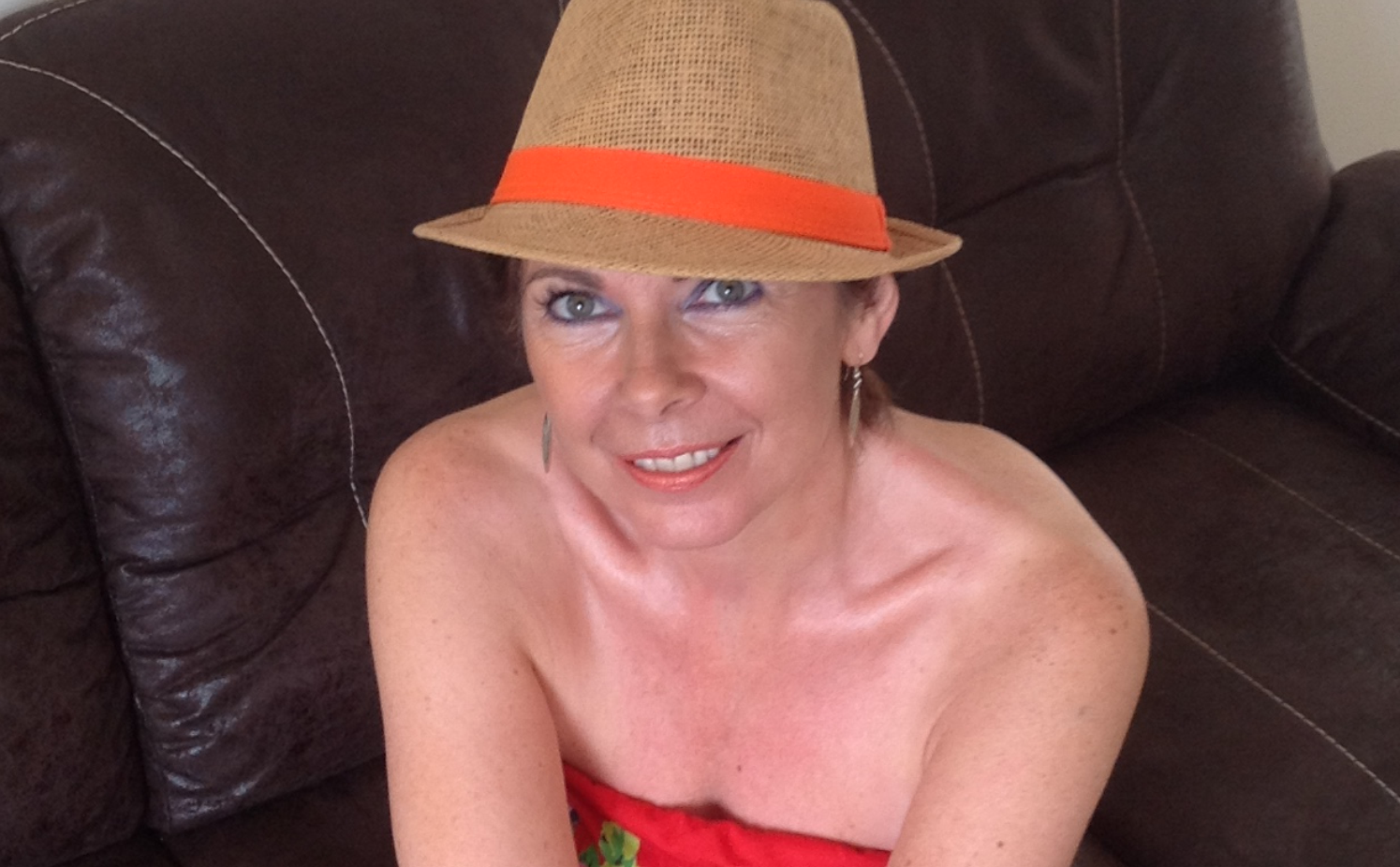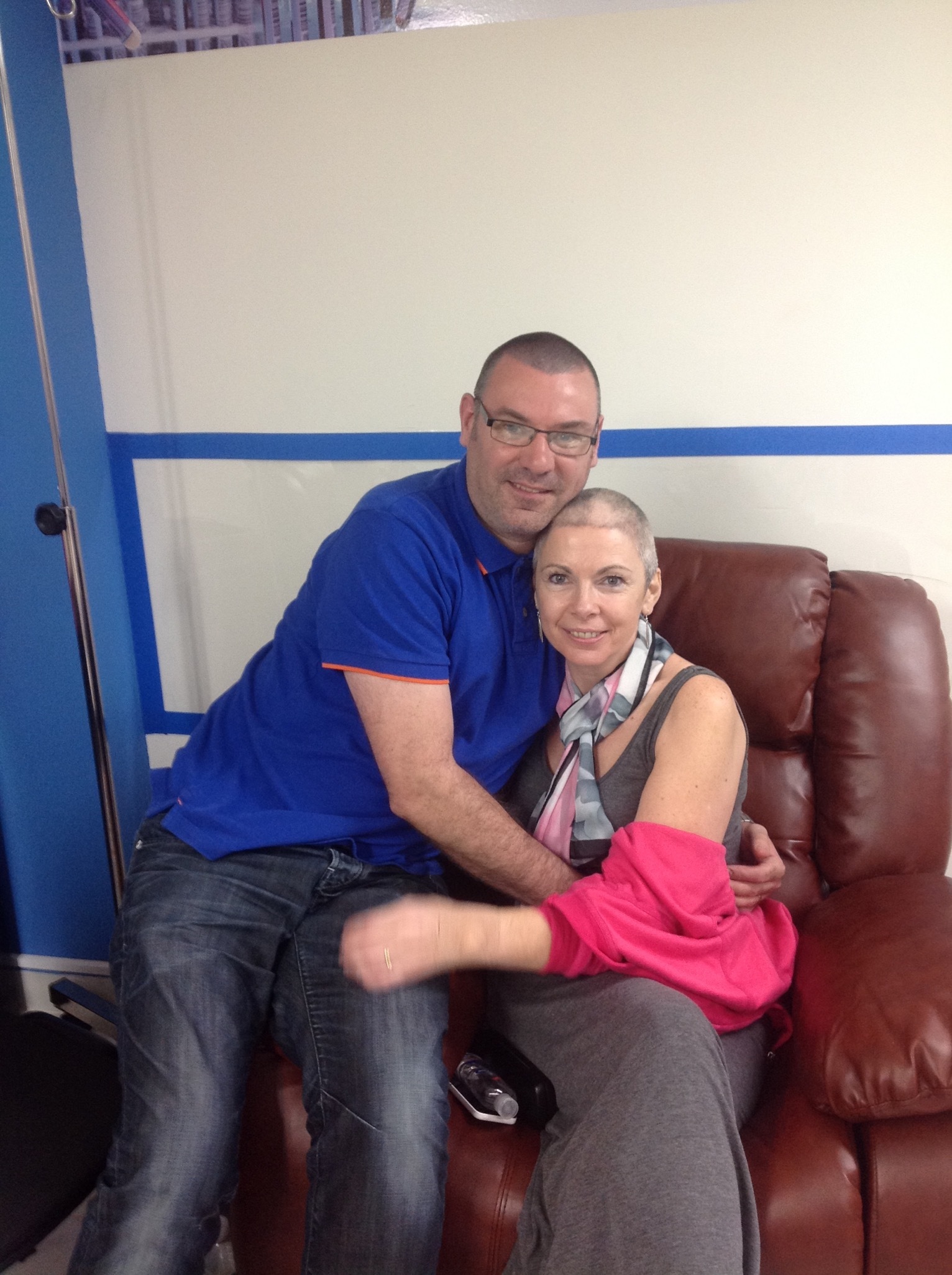
WHEN Frances O’Connell watched a TV programme about a new multiple sclerosis treatment, it set in motion a gruelling journey as she fought for her health.
The gran, from Fort William, has had MS for more than 20 years and the symptoms were getting worse, but she remained determined that the illness wouldn’t defeat her.
That’s why she travelled to Mexico, undergoing exhausting and risky treatment in a bid to halt the disease.
Now, a documentary, which follows the brave 48-year-old through the many ups and downs she faced, will be shown this evening.
Frances discovered hematopoietic stem cell transplantation (HSCT), an intense chemotherapy treatment for MS that wipes out and regrows the immune system using the patient’s stem cells, after watching a TV show about a trial in Sheffield.
She didn’t meet the criteria, but after discovering it was also available in Mexico, her devoted family set up a successful fundraising campaign to pay for the overseas therapy.
Now, more than a year on from the treatment, Frances has returned to work, has improved mobility and was even able to ride a horse as a birthday treat.
“I’m doing a lot more than I ever imagined and that makes me very happy indeed,” smiled Frances.
“My last MRI showed I had no plaques or lesions on my brain or spine.
“Just six months earlier there were some and that indicated the MS was getting worse.”
Frances was diagnosed when she was just 26.
“We were laying a patio and I remarked that my feet felt cold,” she recalled.
“After three weeks, I thought there might be a problem with my back because my legs felt weak and they were also quite numb.”
Soon after, she was diagnosed with relapsing remitting multiple sclerosis.
“I didn’t know much about MS and in a way I was blissfully ignorant.
“I saw a quote in a magazine that said, ‘I have MS but MS doesn’t have me’ and I knew I had to carry on as I did before.”
Frances and husband Stewart, who she calls her Florence Nightingale, flew to Puebla, Mexico last September.
She underwent chemo to kill off white blood cells and encourage proliferation of new stem cells. Frances was then given injections to mobilise the cells to leave the bone marrow and enter the bloodstream.
A catheter line inserted into her neck extracted the stem cells, which were placed in a freezer, and she had another dose of chemo, basically wiping out her immune system. Her stem cells were then re-inserted.
“We had to be very careful on the way home,” Frances said.
“Stewart had to board the plane first and clean everything, and I was wearing a very large mask. We were in first class, but I wasn’t allowed to eat or drink.”
Frances required six infusions of Rituximab, an antibody therapy, back in the UK, as well as physiotherapy.
She’s had setbacks but has also been able to do things she hadn’t achieved in years.
“Before treatment, a real challenge was climbing the stairs and Stewart always brought me a cup of coffee in bed,” she revealed in the documentary, Fighting For Frances.
“Afterwards, I was able to carry two cups of coffee up the stairs, which was a major achievement for me.”
Fighting For Frances, BBC Alba, December 31, 9pm.

Enjoy the convenience of having The Sunday Post delivered as a digital ePaper straight to your smartphone, tablet or computer.
Subscribe for only £5.49 a month and enjoy all the benefits of the printed paper as a digital replica.
Subscribe